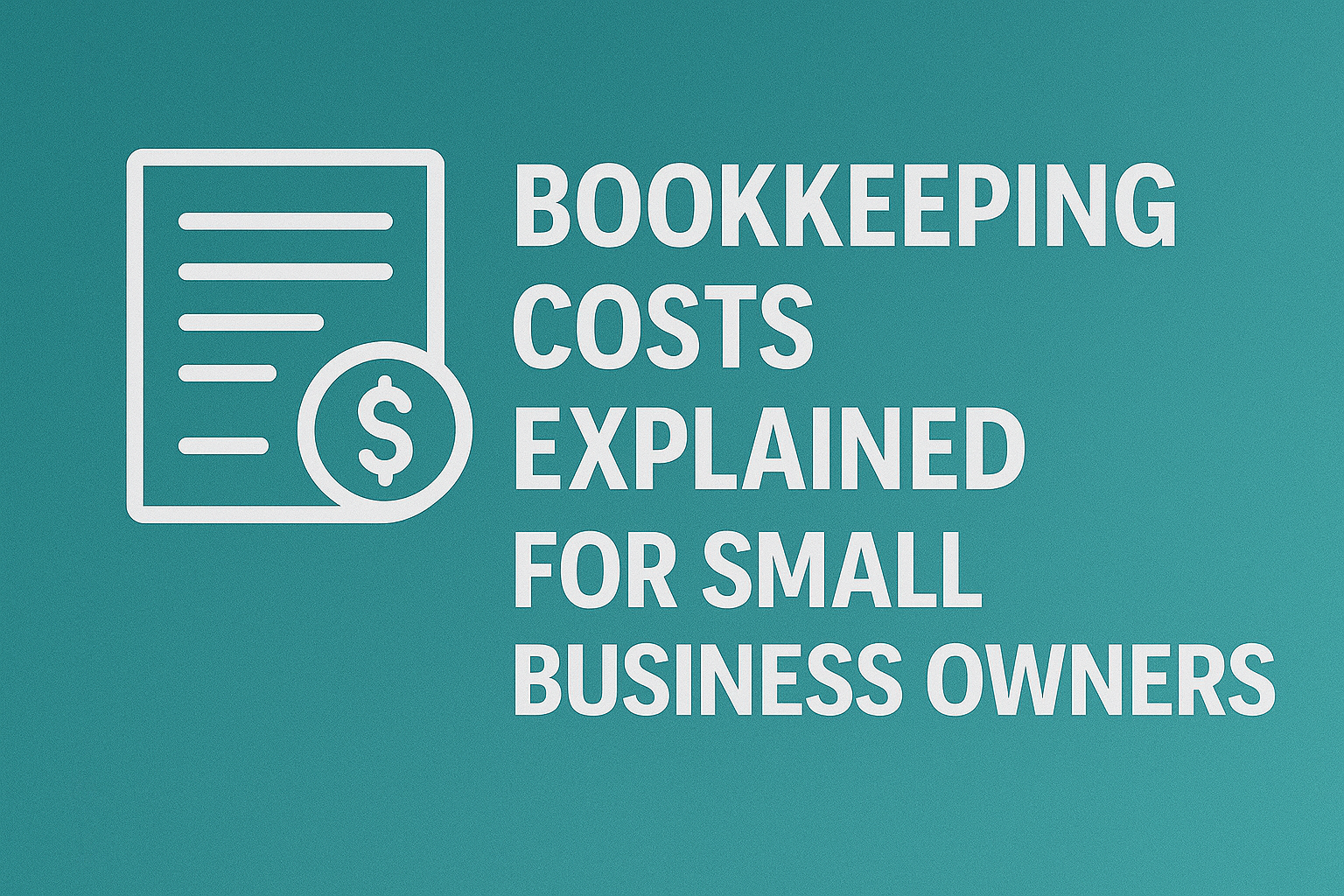
Bookkeeping is the backbone of every successful business — even if it rarely makes headlines.
For small business owners, understanding the real cost of bookkeeping isn’t just about knowing what you’re paying. It’s about making smart financial decisions, avoiding unnecessary expenses, and ensuring your business stays compliant and scalable.
In this guide, we’ll break down what bookkeeping really costs in 2025, the factors that influence those costs, and how modern solutions like ccMonet are helping SMEs save money without sacrificing quality.
Many founders assume bookkeeping is just “data entry.” In reality, it covers much more:
Traditionally, businesses either hire an in-house bookkeeper or outsource the work to a firm. But today, AI-powered bookkeeping platforms are transforming how this work gets done — and how much it costs.
👉 See how ccMonet simplifies bookkeeping.
Bookkeeping costs vary widely based on your business size, transaction volume, and whether you use manual, outsourced, or automated solutions. Here’s a simplified estimate for small businesses:
Why the big difference?
Traditional bookkeeping models are heavily dependent on manual work. AI-driven tools automate repetitive tasks like data entry and reconciliation, cutting both labor and time costs significantly.
Even for small businesses, certain factors can increase your bookkeeping costs — often quietly:
Many owners don’t realize that much of this can be automated or streamlined, saving thousands of dollars annually.
Beyond the direct bookkeeping fees, there are hidden costs that can quietly eat into your budget:
These hidden costs can sometimes exceed the bookkeeping fee itself.
👉 Learn how ccMonet helps prevent these hidden costs.
AI-powered bookkeeping tools like ccMonet offer a cost-efficient alternative to traditional bookkeeping.
Here’s how they help lower your total cost:
The result? Fewer hours spent on routine work, fewer errors, and lower overall bookkeeping costs — all while keeping quality high.
Here are a few practical tips for small business owners budgeting for bookkeeping:
For most SMEs, switching to an AI + expert solution like ccMonet can save 30–60% annually compared to traditional models.
Bookkeeping isn’t just a line item on your budget — it’s the financial engine of your business.
When done efficiently, it gives you clarity, control, and confidence to grow. And in 2025, with the rise of AI automation, you don’t need to overpay to get quality bookkeeping.
👉 Discover ccMonet — the bookkeeping solution designed to save SMEs time and money, without compromising on compliance or accuracy.
📈 Smarter bookkeeping = stronger business decisions.